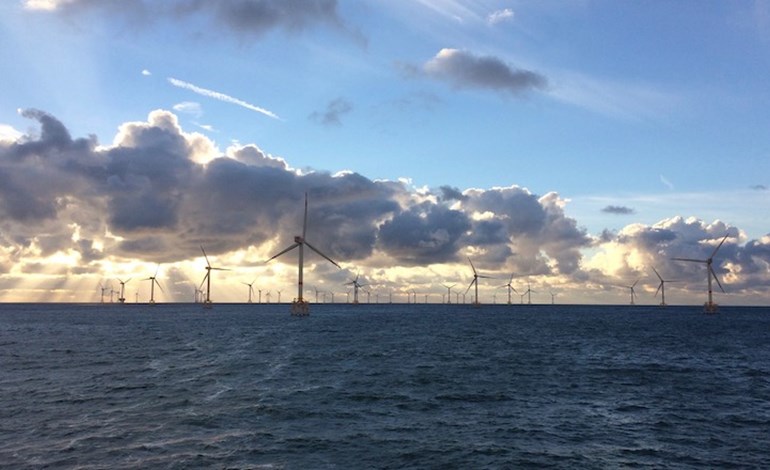September 19 NEC Energy News
¶ “Global Offshore Wind Alliance Launches” • A new multi-stakeholder alliance has been set up with the aim of driving installed global offshore wind capacity up 670%, from 57 GW in 2021 to 380 GW in 2030. The Danish and US governments were joined by the International Renewable Energy Agency, the Global Wind Energy Council, and others. [reNews]

¶ “Russia-Ukraine Updates: Russia Strikes Land Near Nuclear Power Plant” • Russian missiles struck the Pivdennoukrainsk nuclear power plant in Ukraine’s southern Mykolaiv province overnight, Ukraine’s state energy company Energoatom said. The blast was 300 meters from the plant’s reactors. All three of the reactors are running normally. [DW]
¶ “Graphene-Based Battery Set To Make Domestic Renewable Energy Even Cleaner” • Zero Emissions Developments, based in Brisbane, has developed an emissions-free technology to create batteries from graphene, and is set to transform the solar energy industry by offering a sustainable, cleaner, and more reliable energy storage solution. [Architecture & Design]
¶ “The Upstream Water Used To Keep Lake Powell In Action Is Running Out” • Upstream reservoirs in the Colorado River Basin might not have enough water to keep Lake Powell above a critical threshold indefinitely, federal officials have warned in recent weeks, as the West’s ongoing megadrought saps water from across the regiion. [CNN]

¶ “Hurricane Fiona Causing ‘Catastrophic’ Flooding In Puerto Rico As The Territory Remains Without Power” • Hurricane Fiona made landfall along the extreme southwestern coast of Puerto Rico with winds of 85 mph, according to the National Hurricane Center. The hurricane is causing catastrophic flooding with 12 to 18 inches of rain. [CNN]
¶ “Cities Are Tapping Residents To Study Impacts Of Climate Change” • As the planet continues to heat up, advocacy groups and government agencies are increasingly turning toward citizen science to guide climate resilience efforts – and keep residents safe during extreme weather events. This is especially important for mapping urban heat islands. [CleanTechnica]
For more news, please visit geoharvey – Daily News about Energy and Climate Change.
